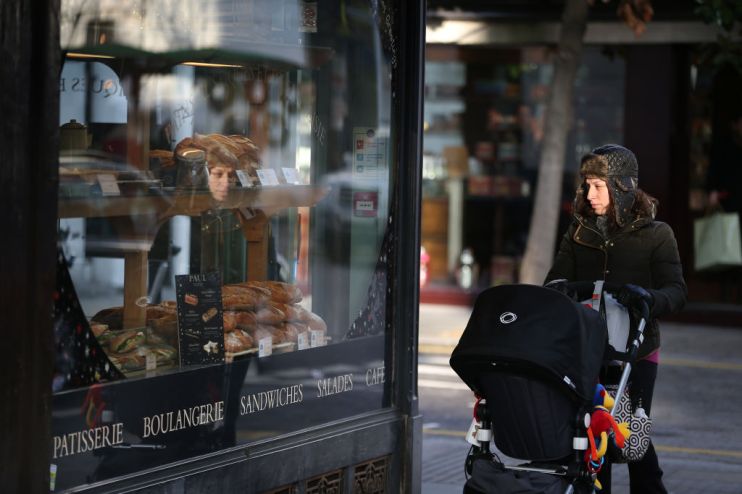UK services firms and consumers grow cheerier despite coronavirus

Optimism in the UK services sector rose at its fastest pace in almost five years in the three months to February, a survey has shown, in the latest sign that the removal of some political uncertainty has cheered businesses.
A separate survey today showed that UK consumers also became more optimistic in February, with rising wages and low unemployment boosting optimism.
Despite the better sentiment in the services sector, business volumes continued to decline in the last quarter, according to the CBI’s quarterly services survey.
The drop in consumer services volumes quickened, while business and professional services volumes continued to fall, albeit at a slower pace.
“After a sustained period of falling volumes and sentiment, the service sector has a renewed sense of optimism with expectations for growth and investment improving,” said Ben Jones, principal economist at the CBI. “But it’s probably too soon to say whether we’ve turned a corner.”
Services sector optimism came despite the coronavirus outbreak, which today sent the FTSE 100 tumbling for the sixth day in a row.
“Businesses will be increasingly mindful of the risks to the global economy of coronavirus,” said Jones.
The consumer confidence index from market research firm GfK rose for the third month in a row, hitting a score of minus seven in February. This compared to a reading of minus 13 a year earlier.
Consumers kept the UK economy on its feet in 2019, as Brexit uncertainty dented business investment and trade.
Joe Staton, client strategy director at GfK says: “Against a February backdrop of rising wages and house prices, low unemployment and stable inflation, we report another healthy uptick in consumer confidence.”
GfK’s major purchase index jumped by five points, reflecting a recent rebound in retail sales that has cheered beleaguered high-street retailers.
Staton also cautioned that coronavirus could have an impact on sentiment among consumers, however.
“The only ‘known unknown’ is the potential impact of coronavirus on behaviour, confidence and spending patterns,” he said.